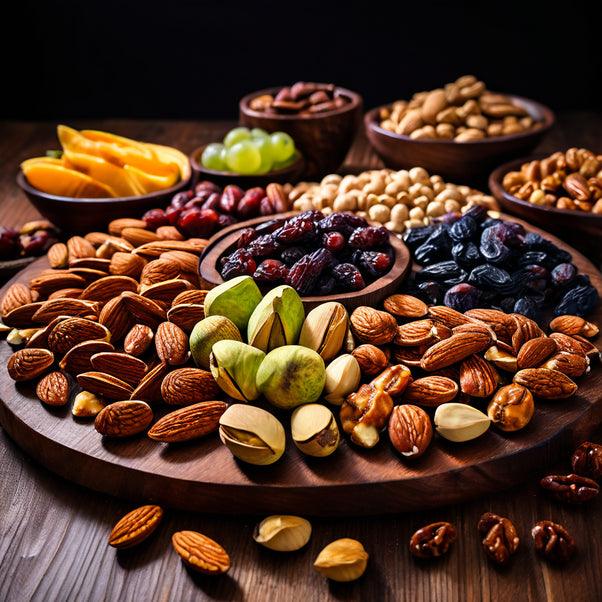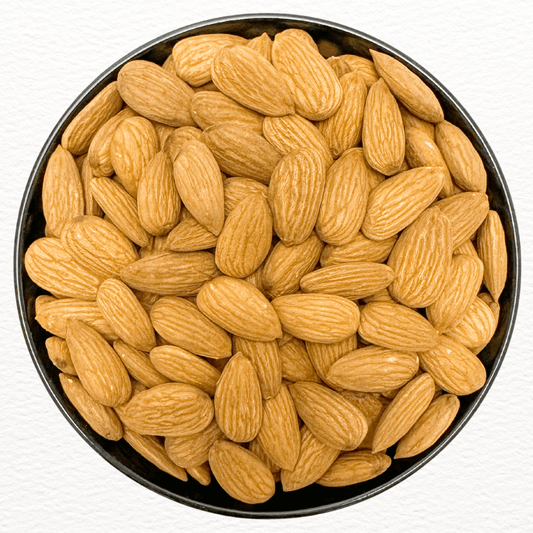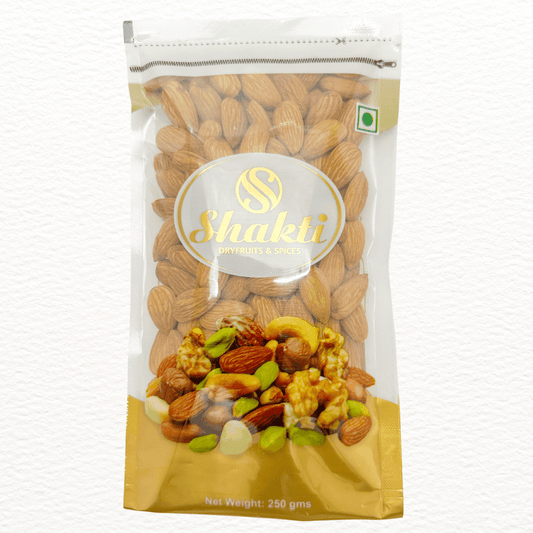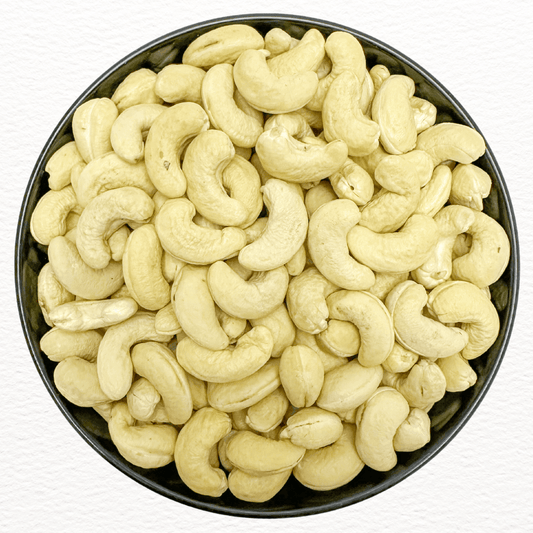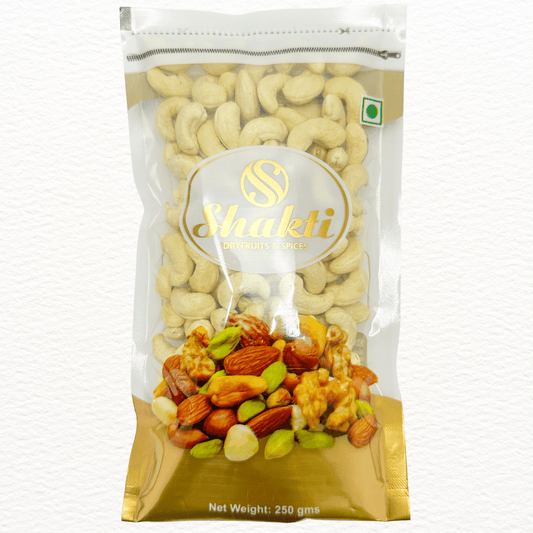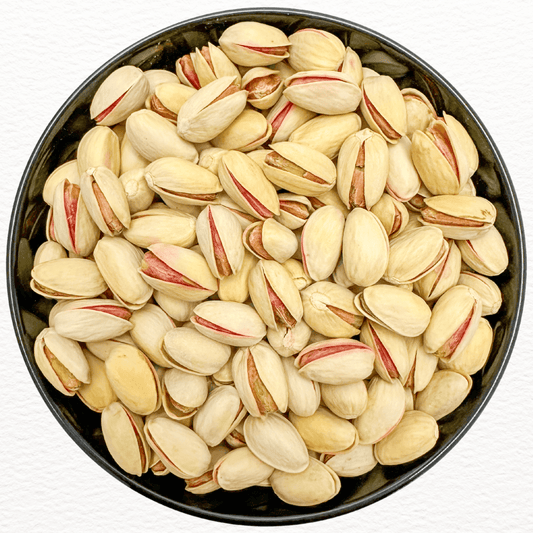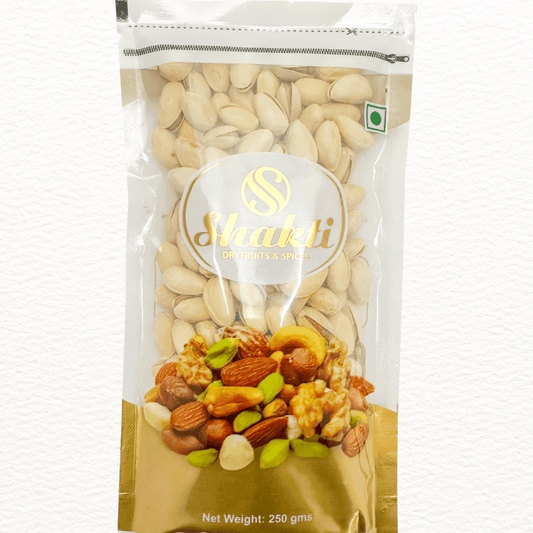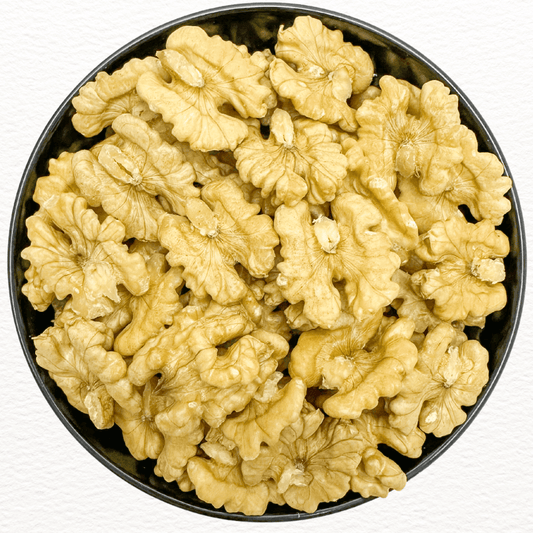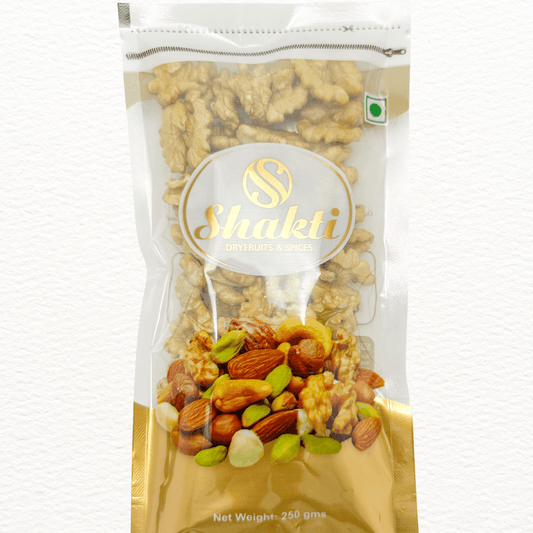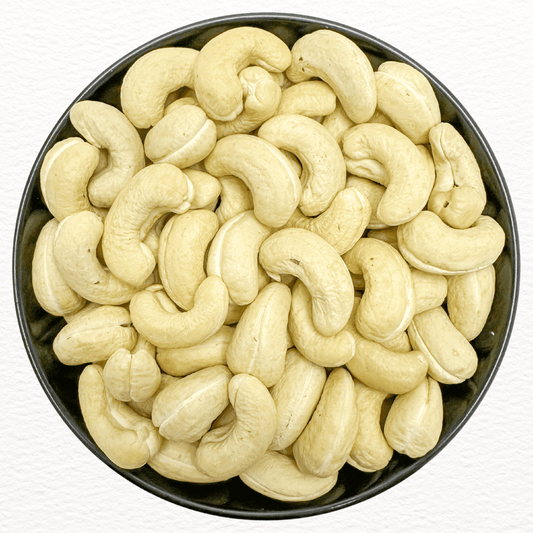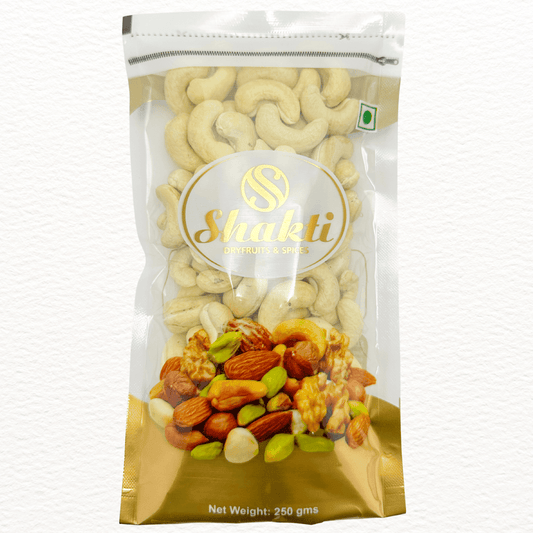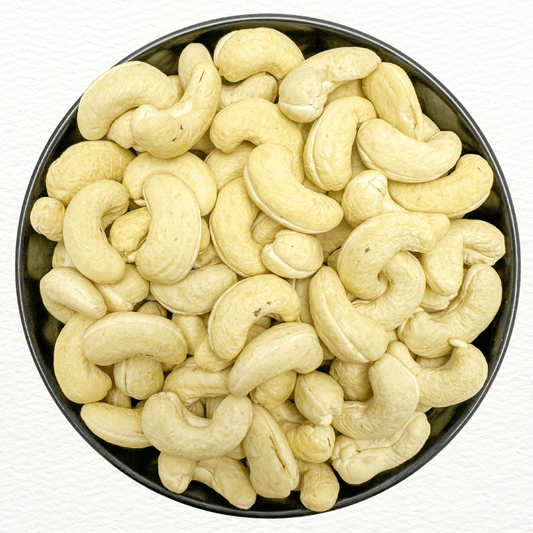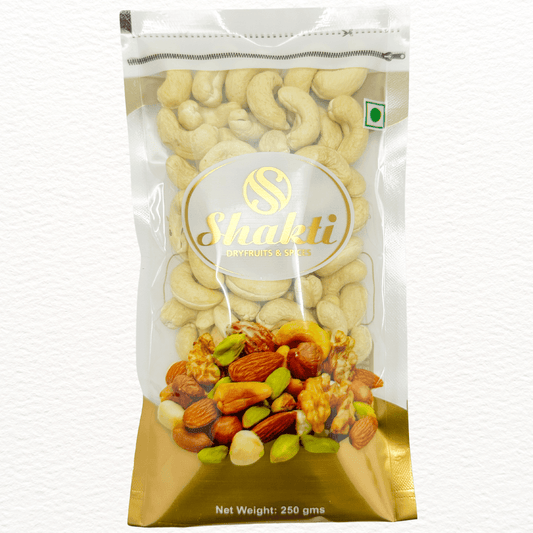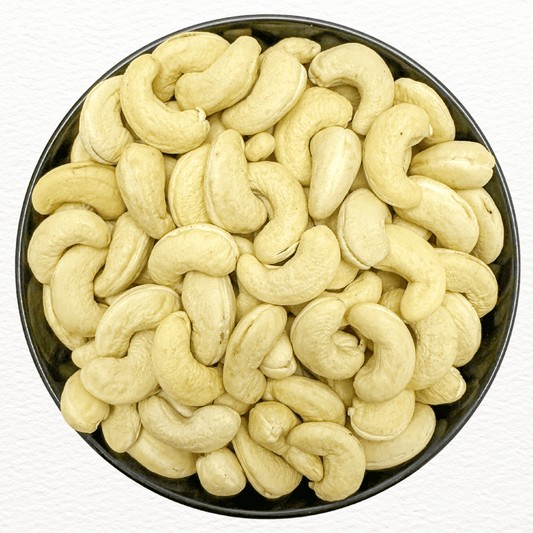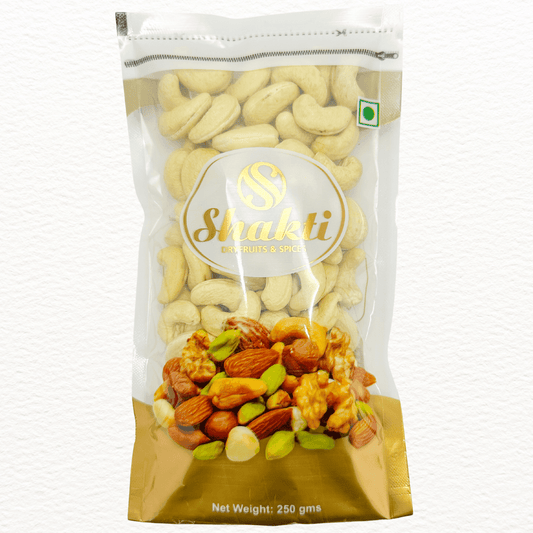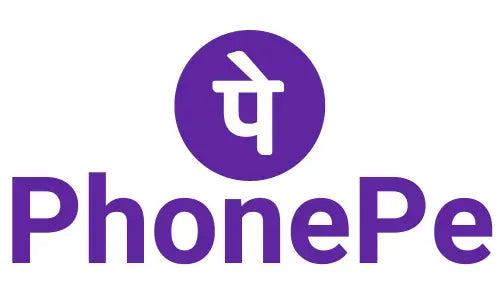Which Dry Fruits Are Good for Diabetes? Expert Guide:


Managing diabetes requires careful dietary choices that ensure balanced blood sugar levels and overall well-being. One question many ask is, "which dry fruits are good for diabetes?" In this guide, we explain the benefits of including certain dry fruits in your diabetic diet. We’ll cover what dry fruits are, why they are beneficial for diabetes, how they help regulate blood sugar, and which varieties are most suitable for this purpose.For premium quality dry fruits, visit our Home Page or explore our Dry Fruits Collection.
What Are Dry Fruits and How Do They Benefit Diabetes?
Dry fruits are fruits that have been dried to remove most of their water content. This process concentrates their nutrients, resulting in a food source that is rich in fiber, vitamins, and minerals. For individuals with diabetes, these properties are valuable because they help slow the absorption of sugars, prevent spikes in blood glucose, and provide essential nutrients that support overall health.Benefits for Diabetes Include:
- High Fiber Content: Helps slow digestion and provides steady energy.
- Low to Moderate Glycemic Index: Many dry fruits release sugars gradually.
- Rich in Nutrients: Essential vitamins and minerals support metabolic processes.
- Antioxidant Protection: Reduces oxidative stress and inflammation.
- Natural Energy: Provides a quick boost without refined sugars.
Why Are Some Dry Fruits Better for Diabetes Than Others?
Not all dry fruits are equally beneficial for diabetes management. The ideal dry fruits for diabetes are those with high fiber content, low added sugars, and a balanced nutritional profile. Selecting the right varieties can aid in better blood sugar control and overall metabolic health.
How Do Dry Fruits Help Manage Blood Sugar?
Dry fruits support diabetes management in several key ways:
- Regulate Blood Sugar: The fiber in dry fruits slows down sugar absorption.
- Boost Nutrient Intake: They provide essential minerals like magnesium and potassium, which help in maintaining stable blood sugar levels.
- Improve Digestion: A high-fiber diet supports better digestion, reducing the risk of constipation—a common issue among diabetics.
- Offer Antioxidant Benefits: Antioxidants help neutralize free radicals and reduce inflammation.
Which Dry Fruits Are Good for Diabetes? Top 5 Choices
Below is a brief overview of the top 5 dry fruits that are particularly beneficial for managing diabetes:
- Dried Apricots: Rich in fiber, vitamin A, and potassium; they help stabilize blood sugar and improve digestion.
- Prunes (Dried Plums): High in fiber and antioxidants; known to support healthy blood sugar levels and aid in digestion.
- Dried Figs: Provide essential minerals like calcium and magnesium; their high fiber content promotes steady energy release.
- Unsweetened Raisins: Offer natural sweetness with beneficial fiber and antioxidants; best consumed in moderation.
- Almonds: Although a nut, almonds are a great addition due to their low glycemic load, healthy fats, and protein, which aid in maintaining blood sugar balance.
Nutritional Value Table of Top 5 Dry Fruits
| Dry Fruits | Calories (per 100g) | Protein (g) | Fiber (g) | Key Nutrients | Diabetes Benefits |
| Dried Apricots | ~241 | ~3.4 | ~7.3 | Vitamin A, Potassium, Vitamin C | Supports stable blood sugar and digestion |
| Prunes (Dried Plums) | ~249 | ~3.3 | ~9.8 | Vitamin K, Potassium, Fiber | Regulates blood sugar, improves bowel movements |
| Dried Figs | ~249 | ~3.3 | ~9.8 | Calcium, Magnesium, Potassium | Promotes digestive health and steady energy |
| Unsweetened Raisins | ~299 | ~3.1 | ~3.7 | Iron, Potassium, Antioxidants | Provides fiber and antioxidants (in moderation) |
| Almonds | ~579 | ~21.2 | ~12.5 | Vitamin E, Magnesium, Healthy Fats | Low glycemic load, supports sustained energy |
Note: Nutritional values are approximate and may vary slightly based on the specific variety and processing.
Research Overview
Recent research underscores the importance of dietary fiber, antioxidants, and essential nutrients in managing diabetes. Studies indicate that incorporating dry fruits with low glycemic indices can help regulate blood sugar levels. The concentrated nutrients found in these dry fruits enhance metabolic function, improve digestion, and support overall health. Additionally, antioxidants help mitigate oxidative stress, which is critical for maintaining balance in diabetic patients.
Research Summary
In summary:
- Dry fruits provide concentrated nutrition, including fiber, vitamins, and minerals.
- They help slow sugar absorption, contributing to stable blood sugar levels.
- The top dry fruits for diabetes—dried apricots, prunes, dried figs, unsweetened raisins, and almonds—offer specific benefits like improved digestion, antioxidant protection, and energy balance.
- Research supports the inclusion of these dry fruits in a balanced diet to aid diabetes management.
Frequently Asked Questions (FAQs)
Q1: Which dry fruits are good for diabetes?
A: Dry fruits such as dried apricots, prunes, dried figs, unsweetened raisins, and almonds are beneficial due to their high fiber, low glycemic index, and nutrient density.
Q2: Why are dry fruits important for managing blood sugar?
A: Their fiber helps slow sugar absorption, while essential nutrients support metabolic functions, leading to more stable blood sugar levels.
Q3: How much dry fruits should one consume for diabetes management?
A: It is important to consume dry fruits in moderation, typically around a small serving (about ¼ cup), to avoid excess calorie intake.
Q4: How do antioxidants in dry fruits benefit diabetics?
A: Antioxidants help reduce oxidative stress and inflammation, which are common concerns in diabetes management.
Q5: Can dry fruits replace other snacks in a diabetic diet?
A: Yes, when consumed in appropriate portions, dry fruits can be a nutritious alternative to processed snacks, offering natural sugars and essential nutrients.
Conclusion
Choosing the right dry fruits can make a significant impact on diabetes management. Dry fruits like dried apricots, prunes, dried figs, unsweetened raisins, and almonds offer vital nutrients, fiber, and antioxidants that help maintain steady blood sugar levels and support overall health. Incorporating these dry fruits into your diet—whether as snacks, in breakfast cereals, or blended into smoothies—can provide natural, sustained energy without causing harmful spikes in blood sugar.For more information on premium quality dry fruits, visit our Home Page, explore our Dry Fruits Collection, or browse our latest posts on our Blogs. If you have any questions or need personalized advice, please Contact Us.
Internal Links:
